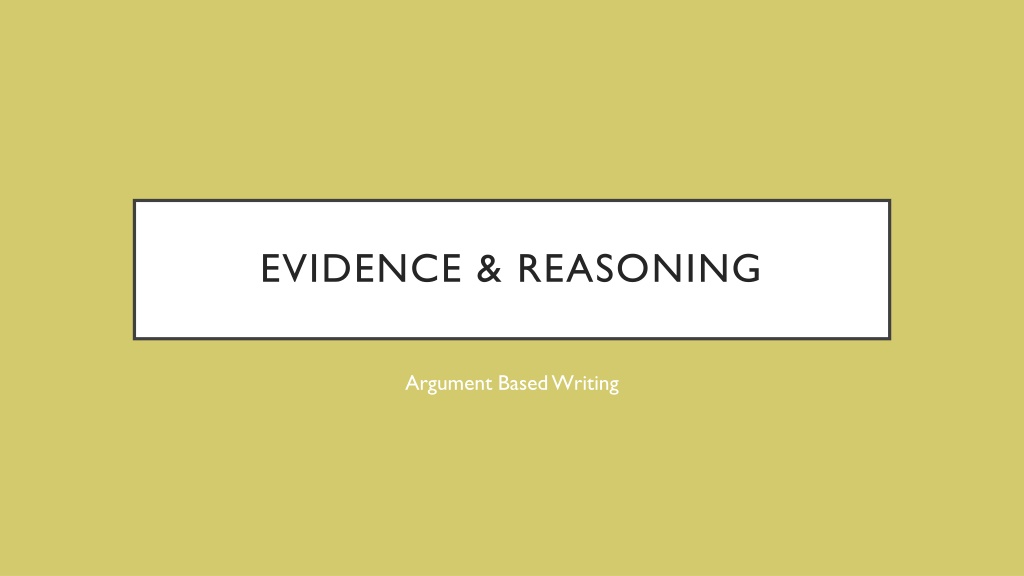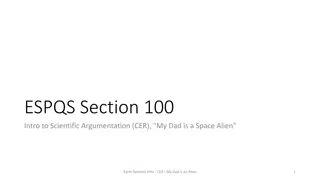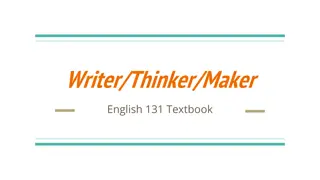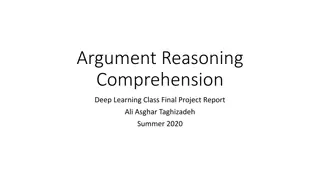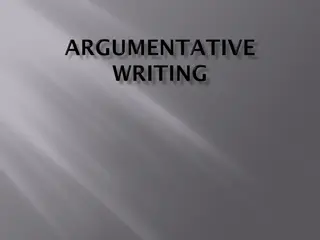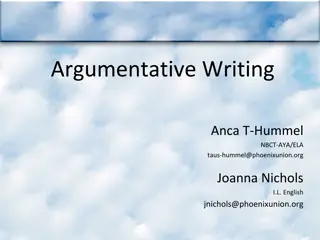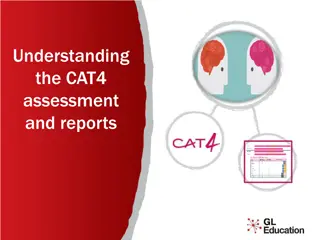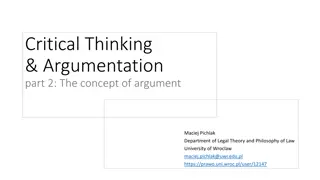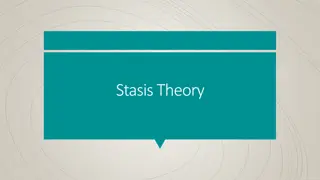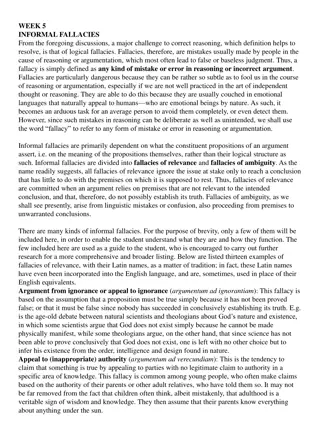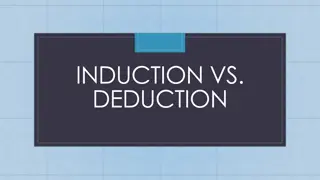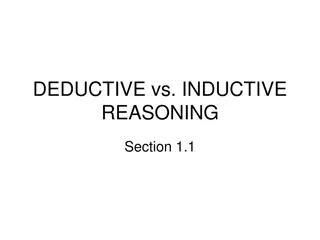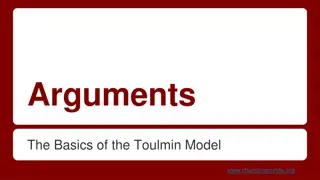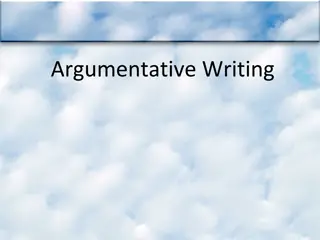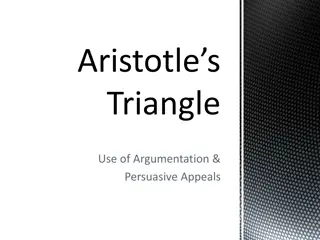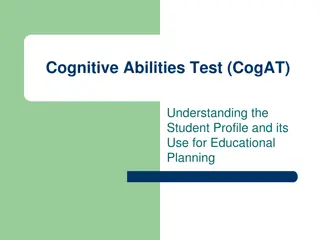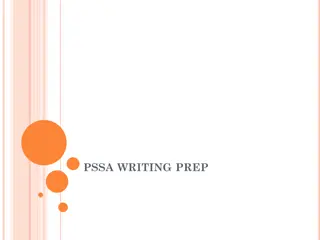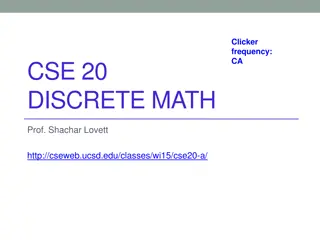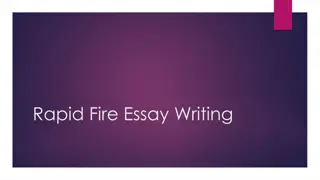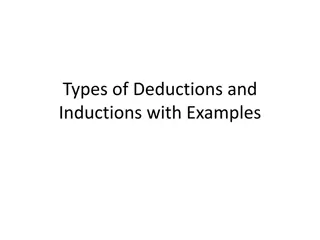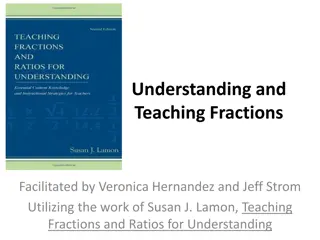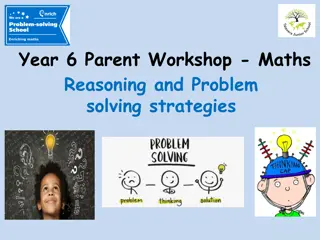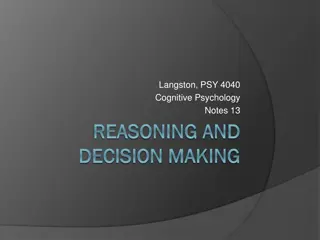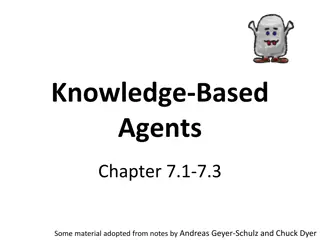Effective Argumentation in Writing: Evidence and Reasoning
A comprehensive guide on utilizing evidence and reasoning in argument-based writing. Learn how to incorporate facts, quotes, and statistics from reliable sources to support claims, and how to analyze and explain the evidence to strengthen your arguments. Examples illustrate the importance of evidence and reasoning in conveying persuasive arguments effectively.
Download Presentation

Please find below an Image/Link to download the presentation.
The content on the website is provided AS IS for your information and personal use only. It may not be sold, licensed, or shared on other websites without obtaining consent from the author. Download presentation by click this link. If you encounter any issues during the download, it is possible that the publisher has removed the file from their server.
E N D
Presentation Transcript
EVIDENCE & REASONING Argument Based Writing
EVIDENCE Facts, quotes, statistics from reliable sources to support your claim. EVIDENCE IS FROM THE TEXT!!! Sentence starter examples: According to the article The author stated As illustrated by The text states The author describes
EXAMPLES OF EVIDENCE One in five parents who suspect their teen is using drugs do not intervene to prevent further use. The best way to communicate about their drug use is by asking compassionate and understanding questions. The text states that one in five parents who suspect their teen is using drugs do not intervene to prevent further use. The author describes that the best way to communicate about a teenager s drug use is to ask compassionate and understanding questions.
REASONING Explain, analyze, and add to the evidence to show how the evidence supports your claim. REASONING IS FROM YOU!!! Sentence starters for reasoning: The evidence shows As a result For this reason To clarify In this example This illustrates This proves that This is important because
EXAMPLES OF REASONING The text states that one in five parents who suspect their teen is using drugs do not intervene to prevent further use. The author describes that the best way to communicate about a teenager s drug use is to ask compassionate and understanding questions. This illustrates that parents who do not communicate to their teenagers about drug use actually hurt their child in the long run. This proves that by being understanding and compassionate, rather than angry, parents will help your child open up and prevent them from future drug use.
